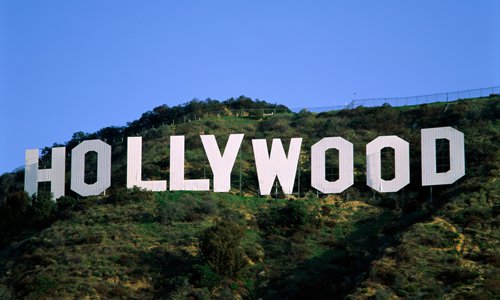HOME >> OPINION
Reciprocal cultural competition benefits China, US
By Li Qingqing Source:Global Times Published: 2019/9/15 23:28:40

Photo: IC
In a closed-door speech to the Motion Picture Association of America on Thursday, US Secretary of State Mike Pompeo urged Hollywood to resist China's censorship, according to an article published in The Washington Free Beacon on Friday. Pompeo praised Hollywood as "a symbol of American freedom and creativity" and urged Hollywood to act as "an agent for freedom of expression" and "stop bowing to Chinese censors."
Pompeo is still deeply trapped in his ideological world. First, each country has its own way of managing movies, and this should not be criticized or politicized. Meanwhile, Pompeo has been trying to turn Hollywood into a tool to convey Western thoughts and the US ideology. But this is unlikely to happen in the 21st century. Chinese people unilaterally accepting US ideology does not seem realistic anymore.
We have to admit that, for decades, Hollywood has exerted a profound influence on Chinese society. During the early stages of China's reform and opening-up, many well-known Hollywood movies came into China. Movies such as First Blood, The Terminator and E.T. the Extra-Terrestrial, with their breathtaking plots and heroic spirit, stirred Chinese people's love for the prominent US film industry overnight.
But such an influence was unilateral. Chinese people used to passively accept the US culture and thought by watching Hollywood films. Although these iconic movies enlarged Chinese people's view, it was still a unilateral and unequal way of US cultural export to China. The US culture, represented by Hollywood films, was dominating the global cultural market.
However, the situation has been changing in recent years. The China-US cultural exchange cannot always be one-way, and it is gradually turning into a bilateral process.
Hollywood has started to add Chinese elements into its films, and many outstanding Chinese movies have exerted a great influence in the US. Traditional Chinese culture is also influencing the US and other Western countries. This reflects China's increasing comprehensive national strength.
Every country has the right to choose cultural products, and there are sensitive topics in the US as well. Instead of criticizing Chinese "censorship" of Hollywood movies, Pompeo should understand that Hollywood needs to respect China's own choices. Only in this way can Hollywood gain popularity in the large and complicated Chinese cultural market.
In 2012, China and the US reached a deal to make it easier for Hollywood to show films in China. In recent years, many Chinese movies also became well known in the US. Such benign interaction between China and the US is the real progress in the 21st century.
Some US politicians should abandon their Cold War mentality and stop hyping ideological confrontation between Beijing and Washington. They better promote sound and reciprocal China-US competition in culture and other areas so as to benefit both countries.
Posted in: OBSERVER